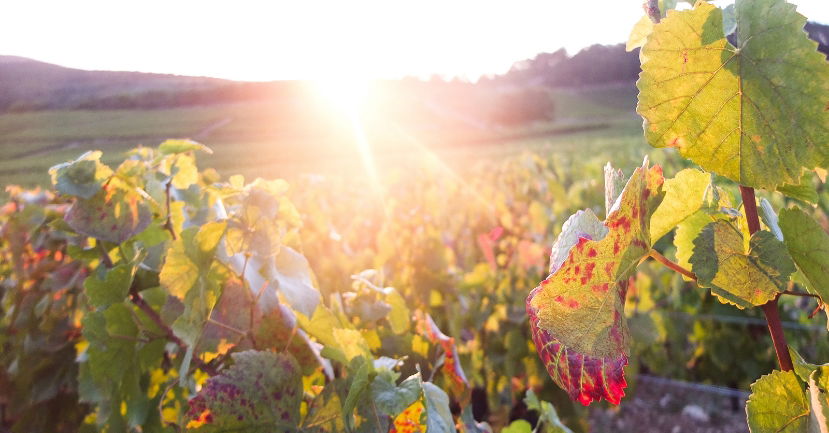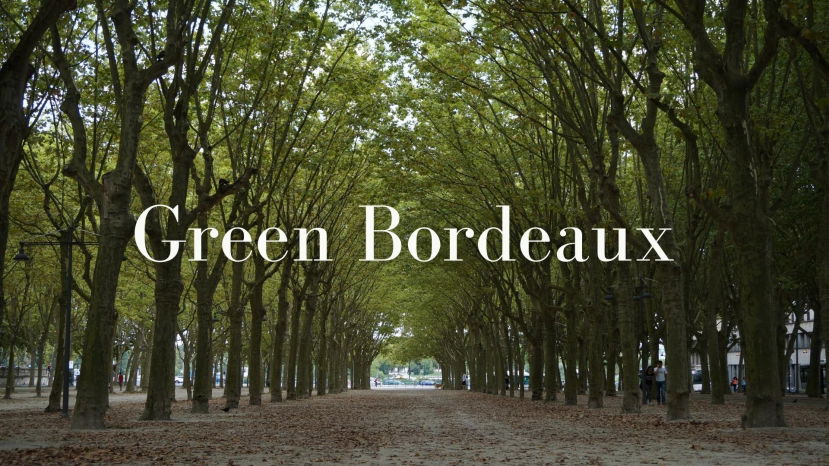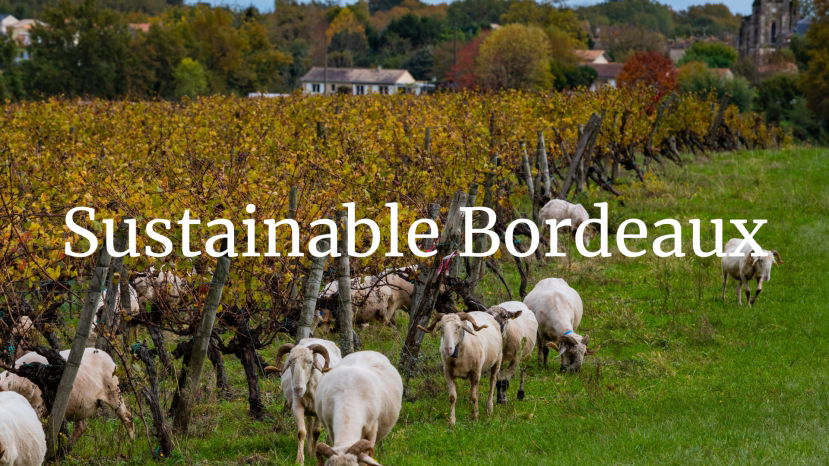BLOG
organic wines
Summary:
Regenerative agriculture is a conservation and rehabilitation approach to food and farming systems. It focuses on strengthening the health and vitality of farm soil, increasing biodiversity above and below ground, improving the water cycle, enhancing ecosystem services, supporting carbon sequestration, and increasing resilience to climate change.
Regenerative viticulture is farming vineyards based on the understanding that the health and
Summary:
With more than 100,000 hectares, Bordeaux is the largest wine-growing region in the world, but today it is desperately out of fashion. Bordeaux “bashing”, climate change and a decline in global wine consumption are putting the world's most famous wine region at risk. While a few prestigious Grand Crus retain their appeal, the industry is facing a crisis akin to the phylloxera outbreak. But solutions do exist.
In this presentation, we will take an in-depth look at
One of the most significant trends happening in Bourgogne today, is a movement towards sustainable, organic and biodynamic viticulture. Due to the warming of temperatures, increase in sunlight and shift in rainy season, there has been less vineyard mildew pressure, drier soil and earlier harvests. This change in climate, combined with the desire for a more ecologically sustainable growing model by Bourgogne producers, has led to the recent trend towards Green Farming.
Summary:
Bordeaux is the largest AOC quality wine region in France, and is home to some of the best known names in the world of wine.
Its oceanic climate allows the grapes a long, slow growing season that delivers complexity of flavours and long ageing potential in bottle, but also poses challenges in terms of keeping the grapes healthy during the season.
Summary:
We were delighted to be joined by Isabel Gassier, viticulturalist at Domaine Gassier in France's Costières de Nîmes, to discuss their conversion to Regenerative Viticulture. In November 2023, the estate became France's first regeneratively certified producer, and in this interview Isabel discusses the motivation and journey behind this move, as well as the practicalities and 'on-the-ground' challenges in utilising this farming method in Costières de Nîmes.
You
Summary:
The city of Bordeaux has recently been governed by a green mayor, more than 14,000 hectares of vineyards are certified organic or are being converted, and biodynamics is experiencing great popularity.In the Gironde region, too, it has been realized, not least after various pesticide scandals, that neither people nor the environment can be poisoned for a luxury product like wine. In this webinar, we want to get to the bottom of the efforts for more






